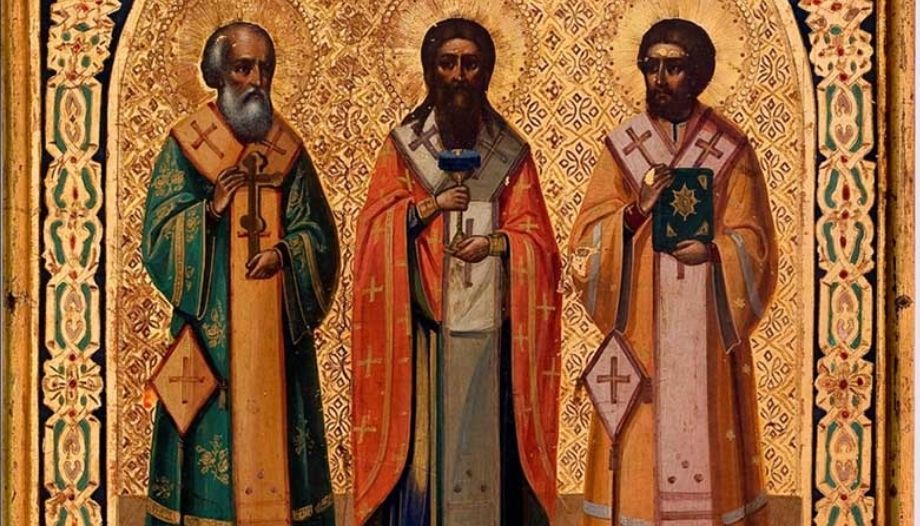The liturgy celebrates St. John Chrysostom and St. Marcellin of Carthage, among other saints, on September 13. The former was a native of Antioch, present-day Turkey (year 349), where the followers of Jesus began to call themselves Christians. He was the son of an imperial official, received an excellent education and was ordained a priest.
As bishop of Constantinople, he undertook a profound reform of the customs of the clergy and the faithful. Opposition from the imperial court, whose excesses he denounced, and from envious people, led him to exile on several occasions.
St. John Chrysostom, a pillar of faith
He is considered one of the great Parents He was a pillar of the faith, and remembered for his defense of truth and justice. And also for the writings that enriched the Catholic doctrine, to the point of deserving the nickname of Chrysostom, that is to say, 'golden mouth' (in Greek).
Bishop John "golden mouth" died in 407, in Comana Pontica, during one of the many transfers he had to make. His wisdom has remained intact throughout the centuries, notes the saint's day Vatican. Hundreds of writings by a man and a priest convinced that "in all things" "glory must be given to God" corroborate this.
Saint Marcellin, lay martyr
Saint Marcellinus of Carthage (there are other Marcellins in the saints' calendar), born in Toledo in the 4th century, became a tribune and notary of the emperor Honorius, a Spanish-Roman diplomat. Friend of St. Augustinewho dedicated some of his works to him, and St. Jerome. From the year 411 he was involved in controversies of the Donatists, who denied forgiveness Christians who apostatized during the persecutions.
Marcellinus was sent to Carthage (Tunis) to mediate in the dialogue between the Catholic bishops and the Donatists, and he was assassinated in 413. Emperor Honorius recognized the arbitrariness of the execution by a general and annulled it, but he was too late. You can see the story here. The Catholic Church proclaimed him a martyr. St. Augustine and St. Jerome wrote his funeral eulogy.
The Roman Martyrology says: Lay martyr. "In Carthage, in Africa, St. Marcellinus, martyr, who being a high imperial official closely related to Saints Augustine and Jerome. He was accused of being a supporter of the usurper Heraclión and, although innocent, for defending the Catholic faith was killed by heretics Donatists (413)".







